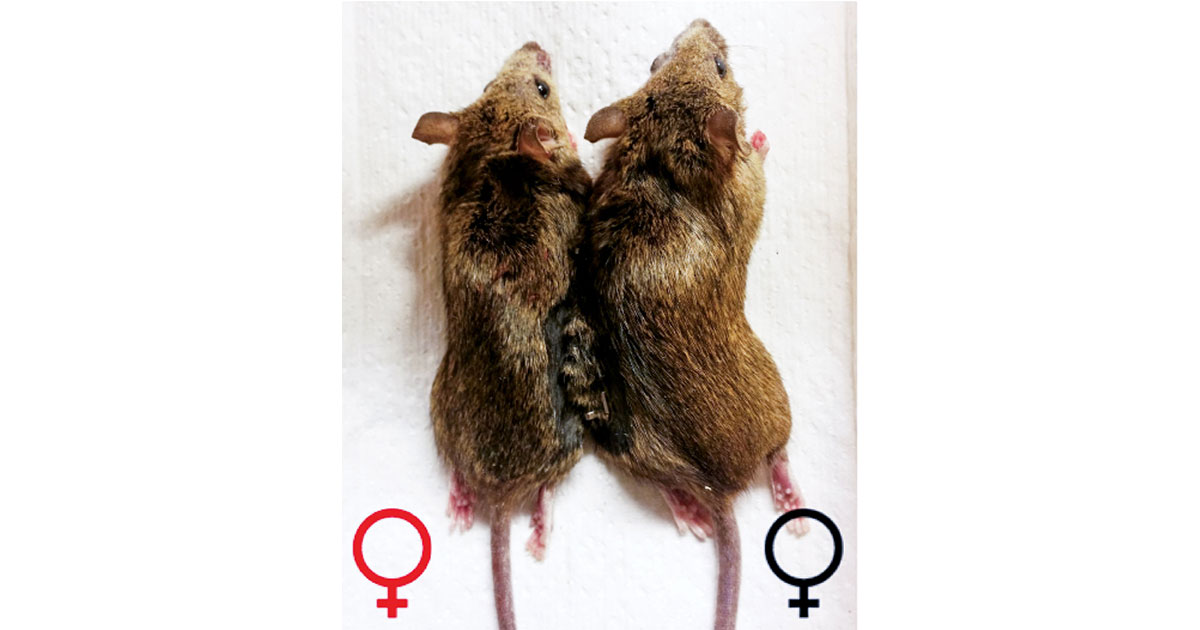Advertisement
Grab your lab coat. Let's get started
Welcome!
Welcome!
Create an account below to get 6 C&EN articles per month, receive newsletters and more - all free.
It seems this is your first time logging in online. Please enter the following information to continue.
As an ACS member you automatically get access to this site. All we need is few more details to create your reading experience.
Not you? Sign in with a different account.
Not you? Sign in with a different account.
ERROR 1
ERROR 1
ERROR 2
ERROR 2
ERROR 2
ERROR 2
ERROR 2
Password and Confirm password must match.
If you have an ACS member number, please enter it here so we can link this account to your membership. (optional)
ERROR 2
ACS values your privacy. By submitting your information, you are gaining access to C&EN and subscribing to our weekly newsletter. We use the information you provide to make your reading experience better, and we will never sell your data to third party members.
Biological Chemistry
Crowdfunding
by Bibiana Campos Seijo
October 2, 2017
| A version of this story appeared in
Volume 95, Issue 39
I recently came across an interesting editorial from 2016 in ACS Central Science. The piece focused on crowdfunding and how people are applying this movement to the scientific endeavor.
In case you are not familiar with how crowdfunding works, here’s a brief rundown: Typically the person or group of people requesting funding creates an entry for a project on an online platform such as Kickstarter or Experiment.com (a crowdfunding site dedicated exclusively to supporting scientific projects). Scientists back up their request with an informal proposal, a budget breakdown, endorsements by other scientists, and videos, tables, or graphics that explain in simple terms the work that is going to be carried out. Once all this information is available, the researcher decides how long the appeal is going to be “live,” sets the timer, and waits for the funds to come in.
For those with interest and cash to spare, it is then very easy to browse what’s available and even track how much is being donated and how fast. From that point of view, this truly is publicly funded research: People can decide what area of science they want to invest their dollars in and will know precisely how that money will be spent. I’ll give you an example. On Experiment.com, there is a project to map the microbiome of sour beer. Given the recent revival in craft beers and home brewing, the researchers were interested in elucidating how the different microbes and their abundance affect souring and fermentation. They raised 106% of their target, a total of $6,246. The project is now complete, and the findings are available in the results section of the online appeal. The researchers provided links to interactive charts showing the genomic sequence of bacteria found on malted barley and chemical profiles of the acids that these microbes produce.
So we are not talking about large projects or huge amounts of money, but discrete proposals that cost in the region of tens of thousands of dollars. At these amounts, crowdfunding is a supplement, not an alternative, to traditional sources. Seeking crowdfunding as outlined above does not require academic status, prior funding history, or a publication record. Instead, it requires making a pitch that will capture people’s hearts and minds. Therefore, these platforms have the potential to help seed the start-up culture. Having a large network or being able to influence groups such as patients with certain diseases may be part of a recipe for success.
One obvious criticism is the lack of peer review and quality control. Interestingly, a large proportion of people seeking funding on these platforms are credentialed scientists. As such, their reputation is at stake and their work is likely to eventually be subject to peer review. Because those checks and balances remain, it is unlikely that any suspicious science will find its way onto a crowdfunding platform.
As a backer, one aspect to consider is that the different platforms have different rules for how and when researchers receive funds. In the most common model, money is transferred to the project creator only if the project achieves or exceeds the target amount. In other cases, the project creator receives any money that has been pledged regardless of the initial target. Also, it is important to note that researchers whose projects are funded through private donations reportedly feel greater—not less—pressure to complete the work and share the results because backers are often friends, family, and personal contacts rather than a faceless, nameless review panel.
What do you think of the concept of crowdfunding as a means of supporting science? If you have donated to such a project, we’d like to hear from you. If you got funding this way, what’s your story?
Views expressed on this page are those of the author and not necessarily those of ACS.




Join the conversation
Contact the reporter
Submit a Letter to the Editor for publication
Engage with us on Twitter